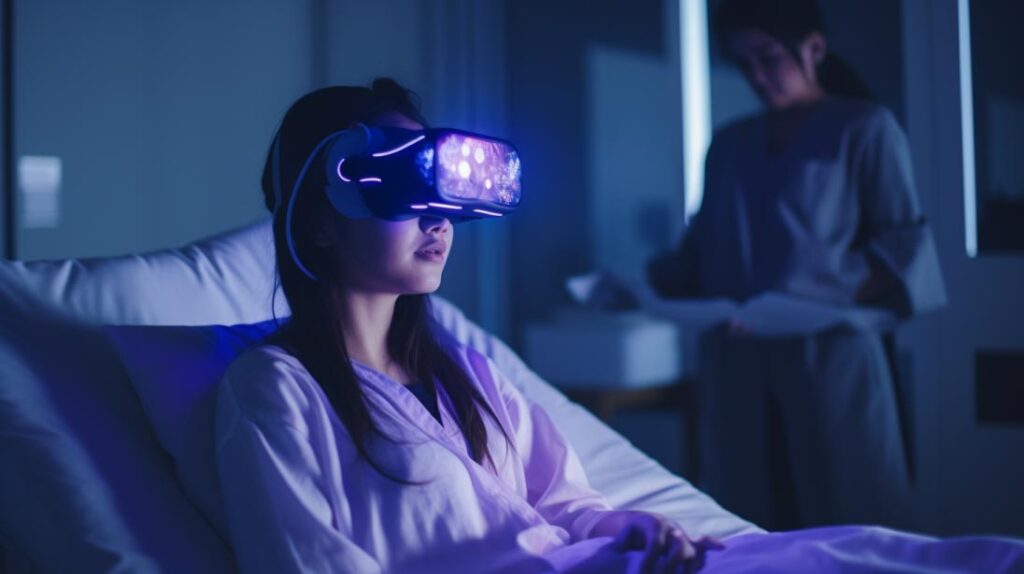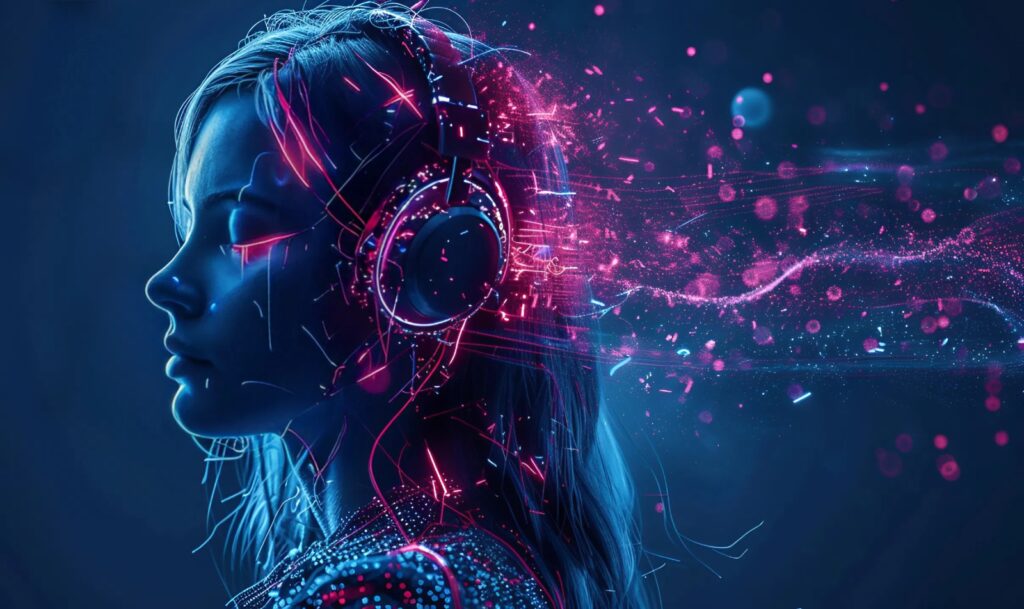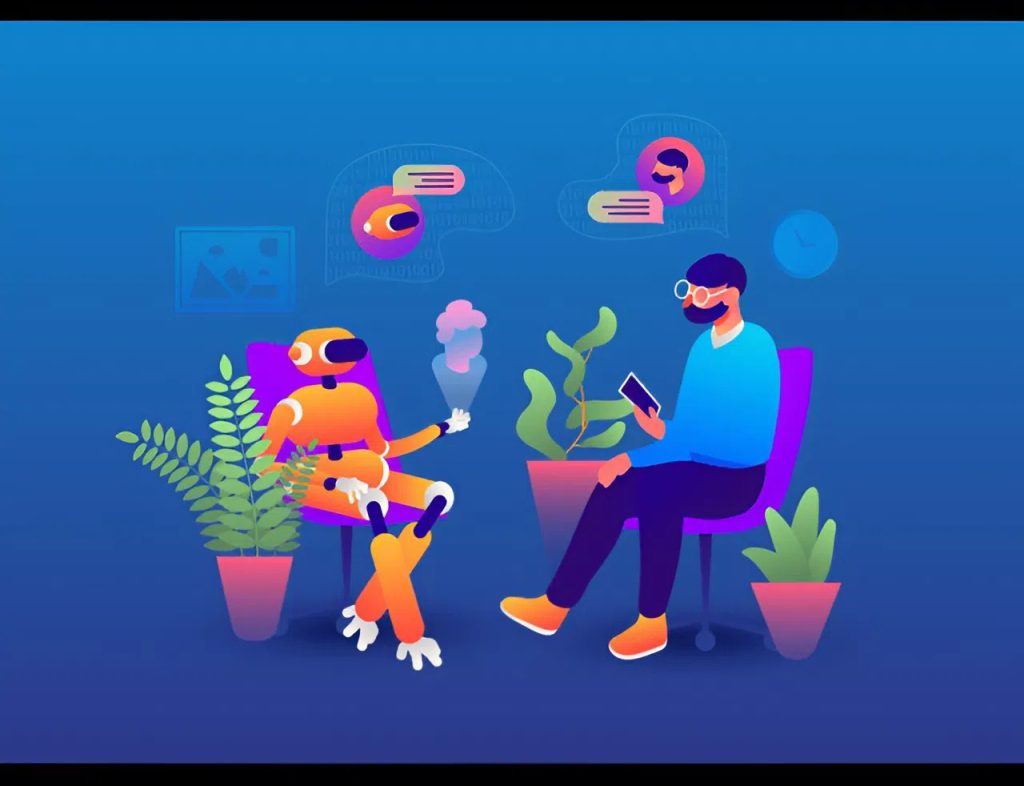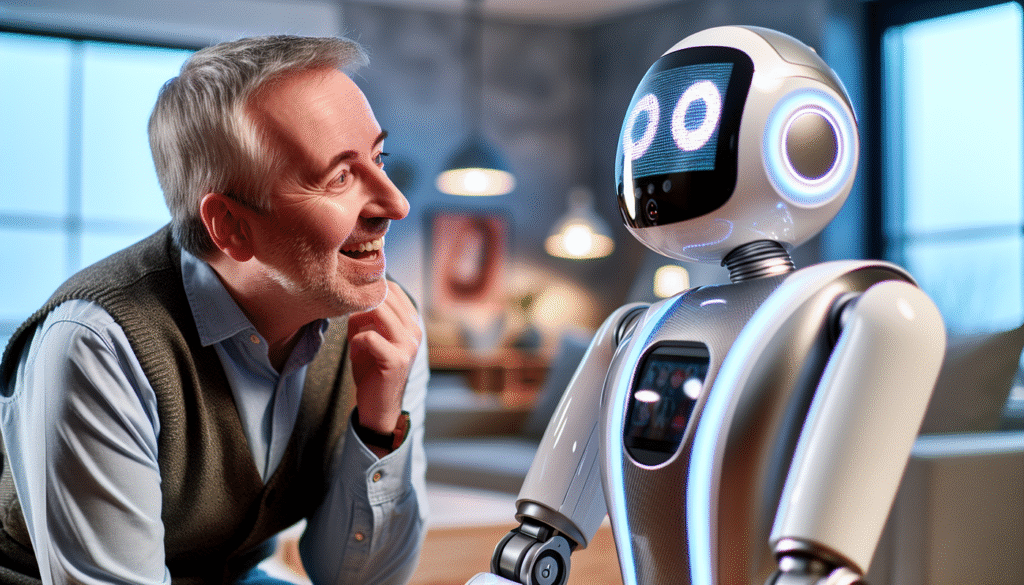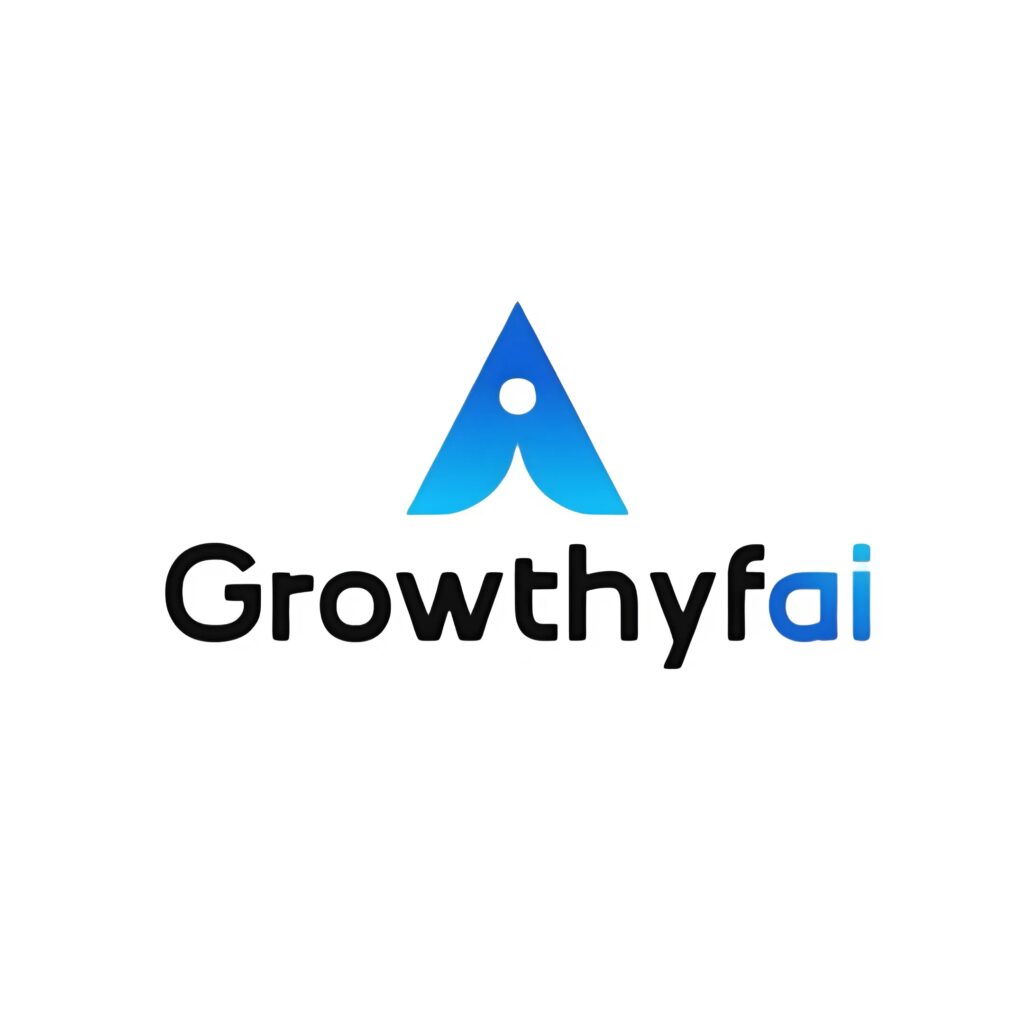The AI Revolution in Mental Health: Chatbots as Virtual Therapists


The advent of artificial intelligence (AI) is making waves across various sectors, and healthcare is no exception. Among the many promising areas of AI application, mental health is one witnessing a transformative change. One particularly innovative development in this realm involves the use of AI-driven chatbots as virtual therapists. These digital companions are now playing a crucial role in supporting mental wellbeing, making therapy more accessible, personalized, and efficient. In this blog post, we will explore how AI chatbots are revolutionizing mental health care, the advantages they offer, limitations to consider, and the future potential of this burgeoning field.
The Growing Need for Accessible Mental Health Care
Mental health issues are a pervasive concern globally, impacting millions of people regardless of age, gender, or socioeconomic status. Unfortunately, accessing mental health care remains a significant challenge for many. Stigma, cost, and a shortage of mental health professionals often serve as barriers. In recent years, the situation has been exacerbated by the pandemic, which intensified the demand for mental health services. This escalating need calls for innovative solutions that can broaden access to care, alleviate bottlenecks in traditional mental health services, and reach underserved communities.
Role of AI Chatbots in Mental Health
AI-driven chatbots are emerging as valuable allies in addressing the mental health crisis. Acting as virtual therapists, these chatbots use natural language processing (NLP) and machine learning algorithms to simulate conversation with users, providing emotional support and therapeutic interventions. The scope of these chatbots ranges from offering empathy and non-judgmental listening to guiding users through cognitive behavioral therapy techniques and mindfulness exercises.
Woebot, a popular AI chatbot, harnesses cognitive-behavioral therapy strategies to offer users personalized guidance in managing their mental health challenges. Similarly, Wysa utilizes AI to engage with individuals at any time, providing a safe space to express emotions and receive support.
Advantages of AI Chatbots as Virtual Therapists
1. Accessibility and Convenience
AI chatbots are readily accessible via smartphones and computers, offering round-the-clock availability. This convenience allows users to engage in mental health support sessions at their own pace and time, breaking geographical and temporal barriers that typically hinder access to traditional therapy.
2. Affordability
The cost of conventional therapy can be prohibitive for many individuals. AI chatbots, often offered for free or at a minimal cost, present a more affordable option. Although chatbot therapy may not replace human therapists entirely, it serves as an impactful complement to traditional therapy methods, making mental health support financially reachable for a broader audience.
3. Anonymity and Privacy
For individuals reluctant to seek therapy due to stigma or privacy concerns, AI chatbots offer a discreet alternative. Users can maintain anonymity, reducing the fear of judgment and encouraging open communication about sensitive issues without fearing repercussions.
4. Immediate Response and Consistency
Unlike human therapists who may not always be available or consistent in their approach, AI chatbots deliver instant responses and maintain a consistent, non-judgmental tone. This immediacy can be particularly beneficial during times of acute distress or crisis when users need prompt support.

Challenges and Limitations
Despite their promise, AI chatbots are not without limitations. Key challenges include:
1. Lack of Human Empathy
While AI chatbots are programmed to mimic empathy, they lack the nuanced understanding and emotional intelligence innate to human therapists. This deficiency can be a drawback for users who rely heavily on the human touch and empathy experienced in traditional therapy.
2. Privacy and Data Security Concerns
The use of AI chatbots necessitates sharing sensitive personal information. Ensuring data privacy and security is paramount, as any breaches can compromise user trust and potentially lead to harmful repercussions.
3. Limitations in Handling Severe Cases
AI chatbots are best suited for mild to moderate mental health issues. They are not equipped to handle severe mental health crises or complex psychological conditions, where professional human intervention is necessary.
Future Prospects of AI in Mental Health
The potential of AI chatbots in mental health is vast and continuously evolving. Advancements in AI technology can lead to more sophisticated and empathetic interaction interfaces, making chatbots even more effective companions in mental health journeys. Integration with other technologies, such as wearables, could provide comprehensive insights into users’ mental health status by tracking physiological indicators of stress or mood changes.
Moreover, as research progresses, AI chatbots can be fine-tuned to serve diverse populations, offering culturally sensitive support across different languages and contexts, thereby widening their scope of impact.
Conclusion
The AI revolution in mental health is just getting started, and chatbots as virtual therapists are carving out a vital place within this landscape. By bridging gaps in access, offering affordable options, and breaking down barriers to mental health care, AI chatbots hold the potential to transform how individuals manage their mental well-being. While they are not intended to replace human therapists, they undoubtedly offer a valuable supplement to traditional therapeutic practices. As technology and mental health needs evolve, the symbiotic relationship between AI and mental health services is poised to grow, promising an exciting future for accessible, effective, and personalized mental health care.

